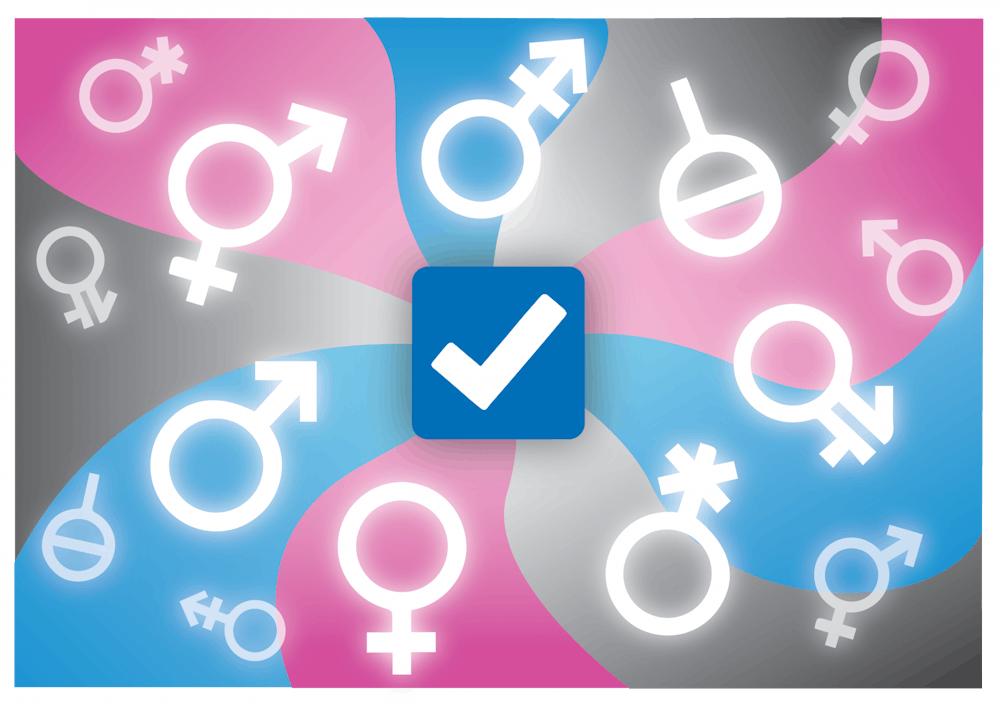The Common App, the college application portal used by Miami University and many other colleges, is making changes in its application process to make it more inclusive for transgender and nonbinary students.
Currently, the application asks for students’ sex and lets them enter their preferred name. There is also a text box for applicants to further describe their gender identity if they would like.
Two changes are being made. Beginning in August, the application will ask for “legal sex” instead of “sex” to reduce confusion. Students will also be able to select or type in their pronouns in addition to describing their gender identity.
Bethany Perkins, director of admissions at Miami, wrote in an email to The Miami Student that these changes will benefit students during the application process.
“[These changes will] allow students to more easily express and identify themselves to colleges and universities in the admission process,” Perkins wrote.
Rigby Gladieux, a sophomore marketing major, wasn’t out as nonbinary when they were applying to college but said they would appreciate these changes if they were applying now.
“I think if I were to enter college this year, and I were to be applying this year, being out the way I am now, using my different name and my preferred pronouns, I think that would really be affirming to me,” Gladieux said.
More than 900 colleges and universities use the Common App, and more than 1 million students apply to college using the Common App. Because of its wide scope, Gladieux thinks it’s important for the Common App to be more inclusive of all students.
“That’s like the main portal that students will use to apply to college, it makes me really happy that they are making changes like that,” Gladieux said. “Using ‘legal sex’ rather than just ‘sex,’ and being a little more descriptive with the words and the phrasing that they’re using [because] phrasing is really, really important when it comes to things like gender and sex, because they are two different things.”
The Common App changes come from the national organization, but it coincides with other efforts being made by Miami.
This year’s graduating class will be the first to receive diplomas with their “name of use” on them. Gladieux and other students have found it fairly simple to change their name and pronouns in Miami’s systems, such as MyMiami and Canvas.
Although Gladieux views these changes positively, they said Miami needs to keep listening to and supporting its transgender and nonbinary students. One area for improvement they see is with Miami’s ID cards.
Enjoy what you're reading?
Signup for our newsletter
“[New] IDs [are] are so expensive,” they said. “They should have a waiver that if you change your name, maybe you could get a new ID with your proper name on it … I always feel really awkward when I’m in Dividends or any place and they’re like, ‘Oh, what’s the name for this order?’ and I tell them ‘Rigby,’ and then I tap my ID, and I always see them look at it and then look at me a little weird.”
Perkins and Gladieux both said they think feeling included during the application process can translate into feeling welcome on campus.
“This representation sends a powerful message of access and belonging to students,” Perkins wrote. “By seeing oneself represented in the college application process, one can see that they belong in this space and on our campuses.”




